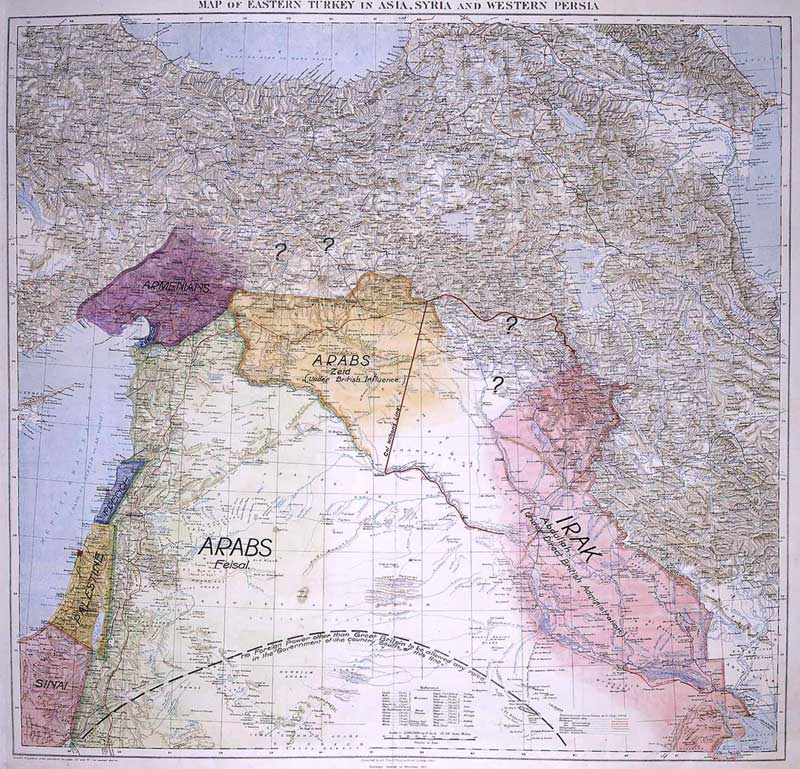T.E. Lawrence, known as Lawrence of Arabia, was a key figure in the Middle Eastern theater of World War I. His expertise in the region’s culture and language helped him lead the Arab Revolt against the Ottoman Empire, resulting in significant victories like the capture of Aqaba and the Battle of Damascus. Despite his disillusionment with the post-war outcome, Lawrence’s legacy as a brave and dedicated leader remains strong. Immortalized in the film “Lawrence of Arabia,” his contributions to the Allied victory and the establishment of new Arab states are remembered and celebrated to this day.
Lawrence of Arabia: T.E. Lawrence and the Middle Eastern Theater of World War I
Introduction
T.E. Lawrence, famously known as Lawrence of Arabia, was a British military officer, archaeologist, diplomat, and writer who played a crucial role in the Middle Eastern theater of World War I. His exploits and influence in the region were immortalized in the 1962 film “Lawrence of Arabia,” directed by David Lean.
Early Life and Career
Thomas Edward Lawrence was born in Wales in 1888 and educated at Oxford University. He developed a fascination with the Middle East and its history, leading to his archaeological work in the region before the war. Lawrence’s knowledge of the culture and language of the Arab people would prove invaluable during his wartime service.
World War I
When World War I broke out in 1914, Lawrence was enlisted as an intelligence officer in Cairo, Egypt. He quickly immersed himself in the complexities of the Arab world, building relationships with various tribal leaders and working to undermine Ottoman control of the region.
The Arab Revolt
Led by Lawrence, the Arab Revolt against the Ottoman Empire began in 1916. Lawrence’s knowledge of the terrain and his fluency in Arabic allowed him to coordinate guerrilla attacks and desert raids, disrupting Ottoman supply lines and communication networks.
The Capture of Aqaba
One of Lawrence’s most famous accomplishments was the capture of the strategic port city of Aqaba in 1917. Using his knowledge of the desert and his leadership skills, Lawrence led a daring assault on the well-defended city, surprising the Ottomans and securing a crucial victory for the Allies.
The Battle of Damascus
In 1918, Lawrence played a key role in the Battle of Damascus, where Arab and British forces successfully liberated the city from Ottoman control. The victory marked the end of Ottoman rule in the region and paved the way for the establishment of new Arab states.
Legacy
After the war, Lawrence became a prominent figure in post-war negotiations and the establishment of new borders in the Middle East. However, he grew disillusioned with the outcome of the war and the betrayal of Arab interests by the Allied powers.
Conclusion
Despite his mixed feelings about the war’s aftermath, Lawrence’s contributions to the Arab Revolt and the Allied victory in the Middle East were significant. He remains a legendary figure in both military history and popular culture, remembered for his bravery, leadership, and dedication to the Arab cause.
